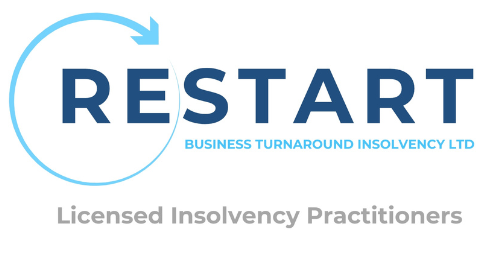
What is the impact of a bounce back loan on a mortgage?
During the Covid-19 pandemic, small businesses across the country suffered greatly. Staff shortages and a complete lack of customers led to a number of people depending on financial support to keep their business afloat. The Bounce Back Loan Scheme (BBLS) was introduced by the government as a way for small businesses to stay open, and ran from the 10th May 2020 to the 10th May 2021. While self-employed recipients of the loan were assured when they received the support that it would not affect their credit score, people are now facing extra checks when applying for a mortgage. So, what is the impact of a bounce back loan on a mortgage?
While assured at the time of taking out the loan that there would be no negative impact on credit score, recipients of the Bounce Back loan are now facing additional checks when applying for a mortgage. Heightened fraud and affordability checks are being carried out by banks, with mortgage lenders showing more caution for recipients of the Bounce Back loan.
Keep reading to find out more about the Bounce Back Loan Scheme, and how it may be affecting your mortgage application.
What is the Bounce Back Loan Scheme?
Introduced on 10th May 2020 and closing on 10th May 2021, the Bounce Back Loan Scheme (BBLS) stopped taking applications on March 31st 2021. During this time, 1.56 million UK businesses were approved for the scheme, and were offered between £2,000 – £50,000. The scheme was designed to help small businesses, with no interest applied for the first 12 months. Loans were capped at 25% of the total turnover for the business, and an interest rate of 2.5% applied after the first 12 months. Repayment was usually covered in instalments over the course of up to six years, which was later extended to ten years in February 2021.
How does a Bounce Back loan impact credit score?
While initially assured that (as an unsecured debt) the loan would not negatively affect recipients’ credit scores, a large number of people have run into difficulties when applying for a mortgage. Even if you are unable to complete or keep up with repayments, personal assets and credit score should be safe. However, some businesses are finding it difficult to prove to a mortgage lender that they are not in a poor financial position, as it is on record that they previously required government support to stay open.
Misuse of a Bounce Back loan
Even though most businesses that received a Bounce Back loan used their money to support their business, mortgage lenders are asking questions as to how the money was spent and if the scheme was taken advantage of. A number of people misused their loan to buy personal assets, transferring the sum to a personal bank account or third party, or by using the money to fund directors’ salaries or dividends. When you are applying for a mortgage, you must therefore be able to prove that you needed the loan when you took it, and that you used it to help your business survive the pandemic.
Should I apply for a mortgage if I am still repaying a Bounce Back loan?
You are not excluded from applying for a mortgage if you were a recipient of a Bounce Back loan, but the amount that you are able to borrow may be affected. You may be subjected to additional questions or checks for affordability, as your monthly outgoings are higher than they would be if you had not taken the loan. This is taken into consideration when you are applying for a mortgage, and lenders will often require proof that the loan was put to good use and that your accounts are kept up-to-date. It is also worth considering your own financial situation to make sure that entering a mortgage agreement will not result in further debt problems.
Receive expert financial guidance
If you are concerned about your financial situation following a Bounce Back loan, speak to a member of our expert team to see how we can help. We offer confidential debt advice to help you take back control over your finances.

Established in 2018, the directors at Restart BTi have over 50 years of experience to assist companies, business owners and individuals with expert advice and tailored solutions when facing financial difficulties.
